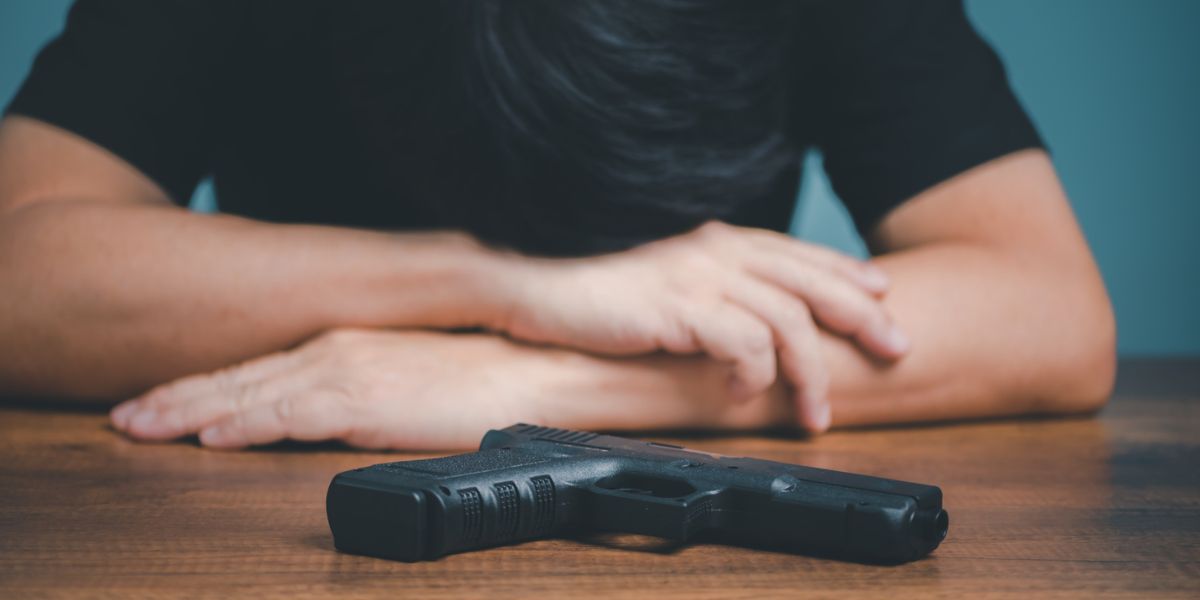What is Negligent Use of a Deadly Weapon?
In Florida, where gun ownership is common and laws surrounding firearms are nuanced, understanding the legal implications of mishandling a weapon is critical. One question we often hear at our Florida law firm is: What is negligent use of a deadly weapon? This issue arises in both criminal and civil cases, impacting victims, defendants, and






